Chinese company Hesai to sue Pentagon for being blacklisted
A leading Chinese technology company with dozens of offices across the globe has decided to sue the Pentagon for blacklisting the firm.
Hesai Technology was among 17 companies the US Department of Defense added last month to its blacklist of companies the Pentagon considered “Chinese military companies.”
The Nasdaq-listed Chinese technology company has said its management will sue the US government for its inclusion in the Pentagon’s blacklist.
The company makes parts for self-driving vehicles such as LiDAR (laser radar) and road sensing equipment used in passenger and commercial vehicles, among others.
Earlier, Hesai said LiDARs were not designed to conform to military specification. The US Department of Commerce had also ruled LiDARs were not suitable for any military application.
Hesai CEO Yifan “David” Li said in a statement the company planned to file a lawsuit. He said the management believed the inclusion of Hesai Technology on the blacklist, which came without any explanation, was incorrect, unfair, and lacked any sort of basis.
The Pentagon’s move is “unjust, capricious and meritless,” Li said. “Hesai is not a military company. Hesai products are for civilian use only and have never been designed or validated for military use.”
Li said Hesai’s rivals were conducting a smear campaign against it for unfair commercial advantage.
“Hesai has always adhered to compliance and upheld principles of integrity and legal operation, committed to reducing accidents and saving lives for safer global travel,” the firm stated.
According to Reuters, on January 31, the US government added over 10 Chinese chip and artificial intelligence companies to the “Chinese military companies list,” including Hesai Technology and Yangtze Memory. Huawei Technologies, another leading Chinese company, was also previously included in the Pentagon’s blacklist.
The US Department of Defense declared in its January statement the move was “aimed at emphasizing and countering China’s military-civil fusion strategy.”
The objective of the US government in releasing this latest blacklist is to highlight and restrict Chinese companies that are believed to potentially strengthen China’s military clout.
Being included in the blacklist does not result in an immediate sanctions regime, but it may “strike a blow” to the reputation of the companies in question.
Blacklisting also mounts pressure on the US Treasury Department to impose sanctions on the Chinese firm.
Meanwhile, US President Joe Biden has kept in place tariffs imposed by his predecessor Donald Trump after he launched a trade war against Beijing in 2018.
In related news, a spokesperson for the Chinese Embassy in the United States condemned the blacklisting as an abuse of national power, which goes against the United States’ claimed commitment to market competition and fair international trade.
Hesai runs offices in Shanghai, Silicon Valley, and Stuttgart and serves customers from over 40 countries worldwide.
Leader: Iran has no proxy forces in West Asia
US fighter aircraft shot down ‘in friendly fire’ amid aggression on Yemen
Yemeni FM: Israel’s sponsors accountable for ongoing aggression on Sana’a
Eight Palestinians killed as Israel attacks Gaza school, hospitals
VIDEO | Rome, Milan host new protests in solidarity with Palestinians
Dec. 21: ‘Axis of Resistance’ operations against Israeli occupation
Spain jurists demand ties with Israel ties be cut
VIDEO | Press TV's news headlines


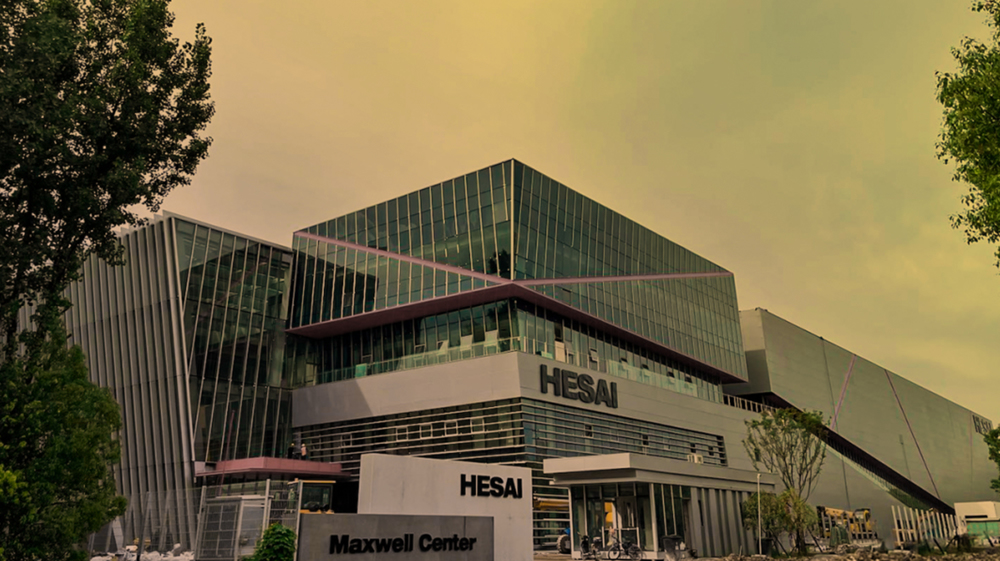
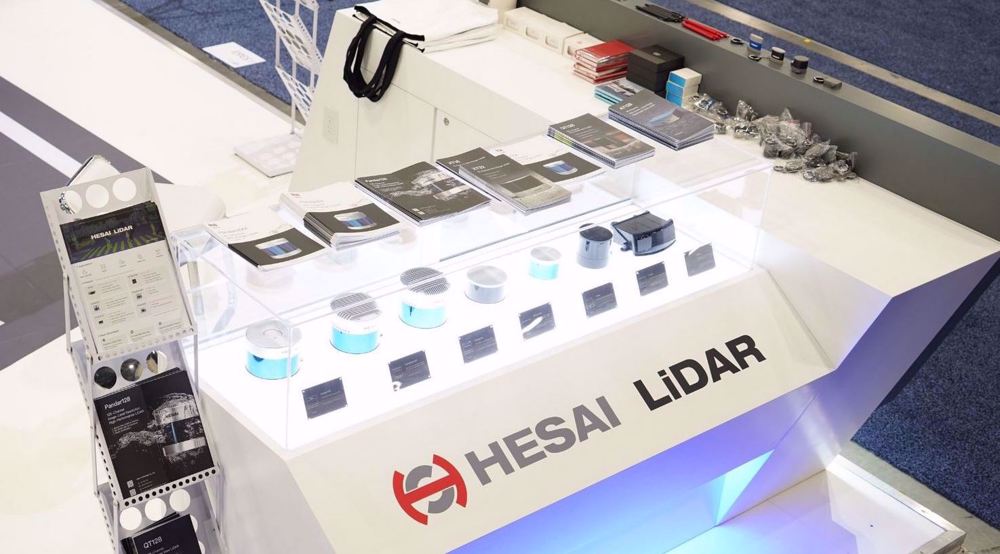
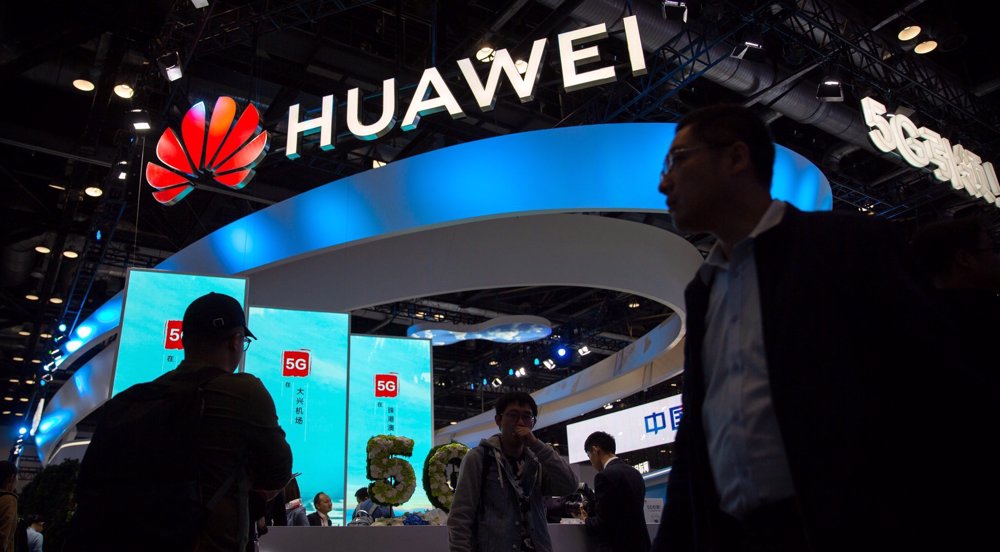






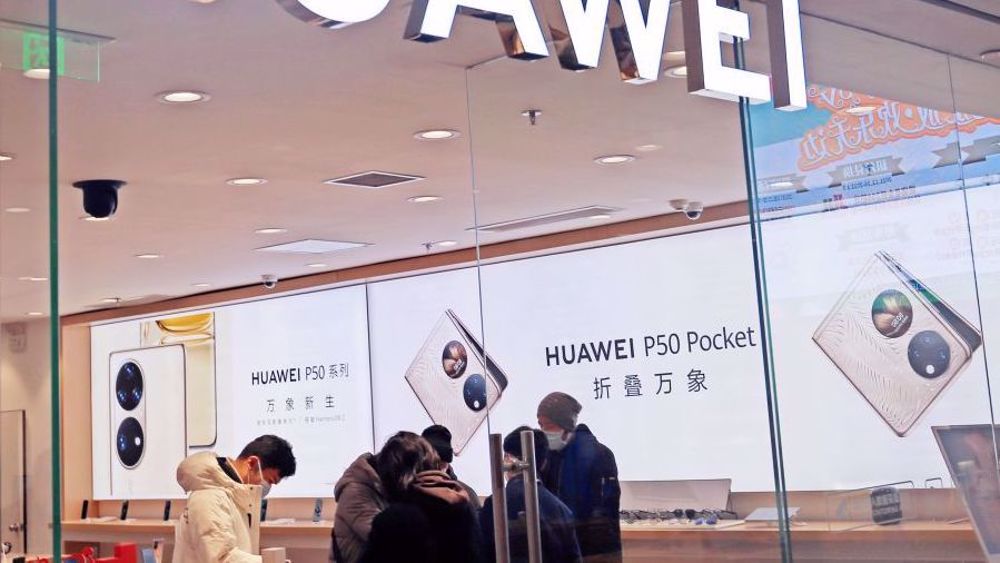
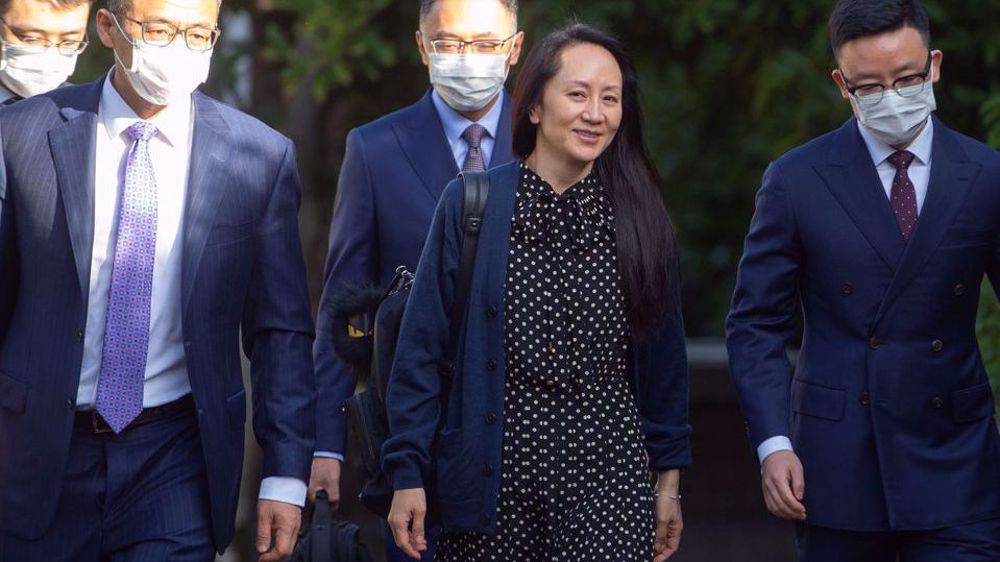
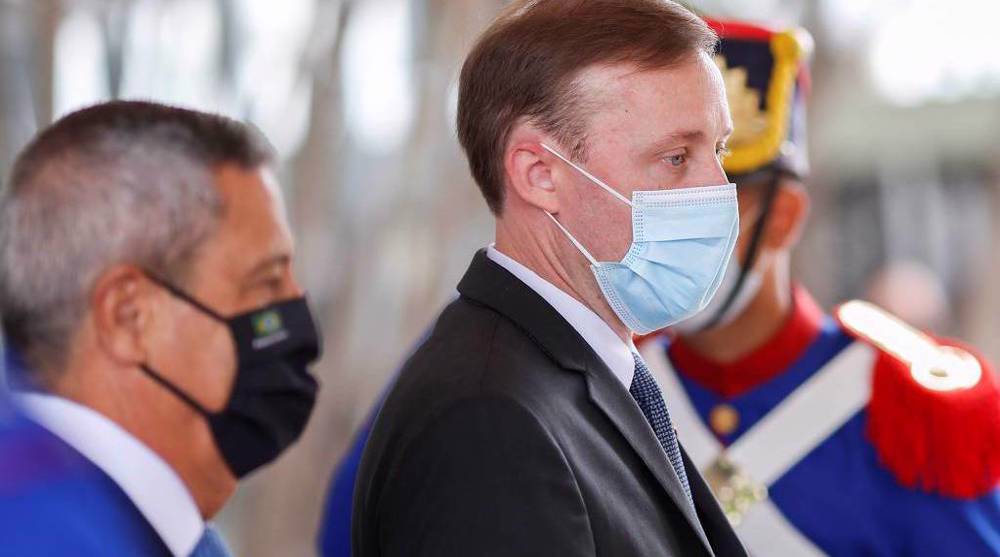
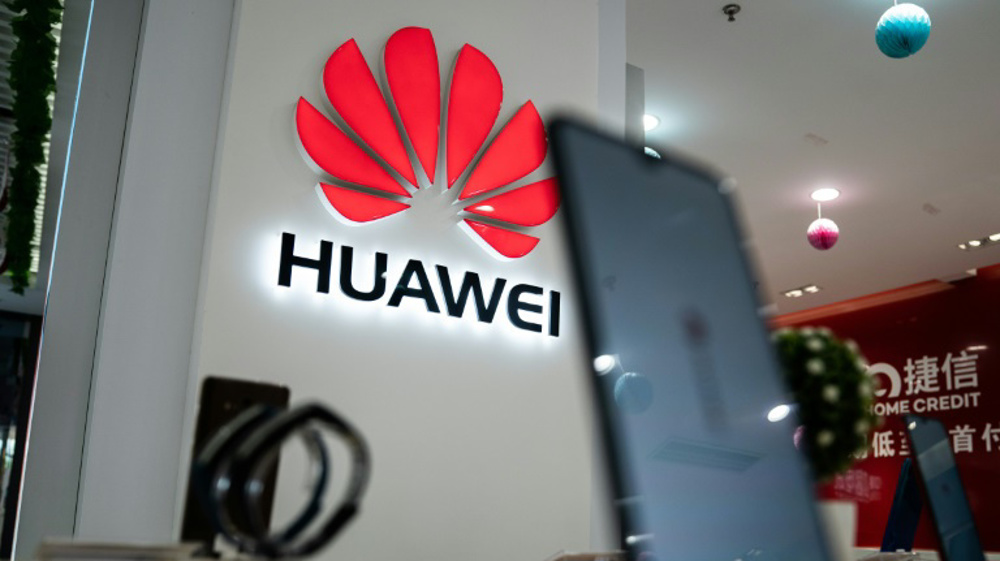

 This makes it easy to access the Press TV website
This makes it easy to access the Press TV website